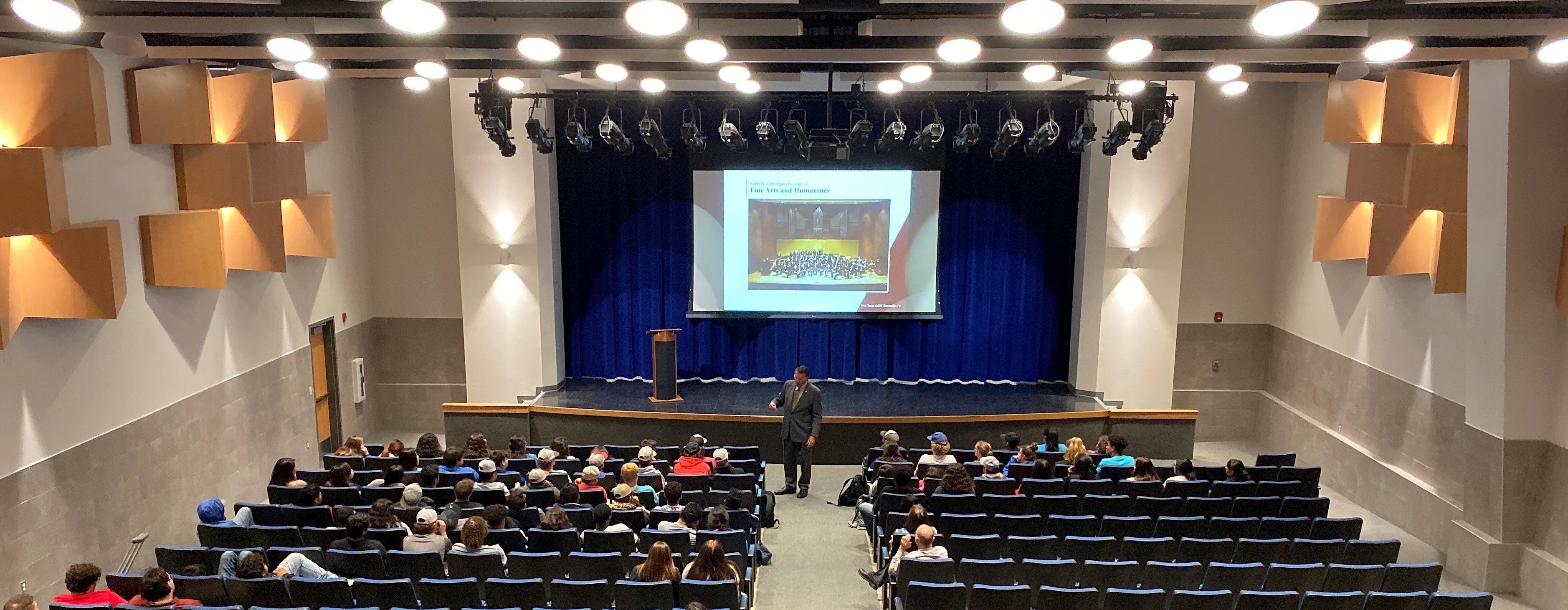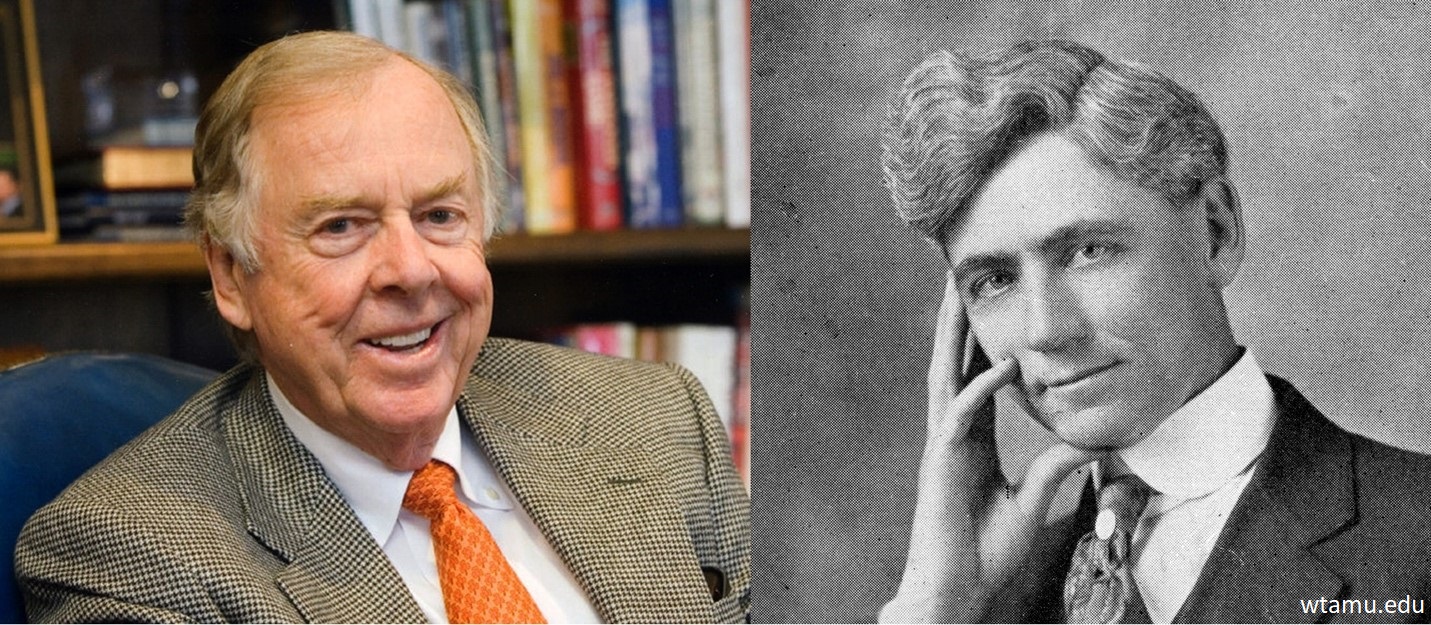
Considering College – The Centers of the Universe
Fourth in a series on what to look for in college. Cotton Center, one of the smallest independent school districts in the Texas Panhandle or the South Plains, has a total enrollment from pre-k through grade 12 of 100 students.…







